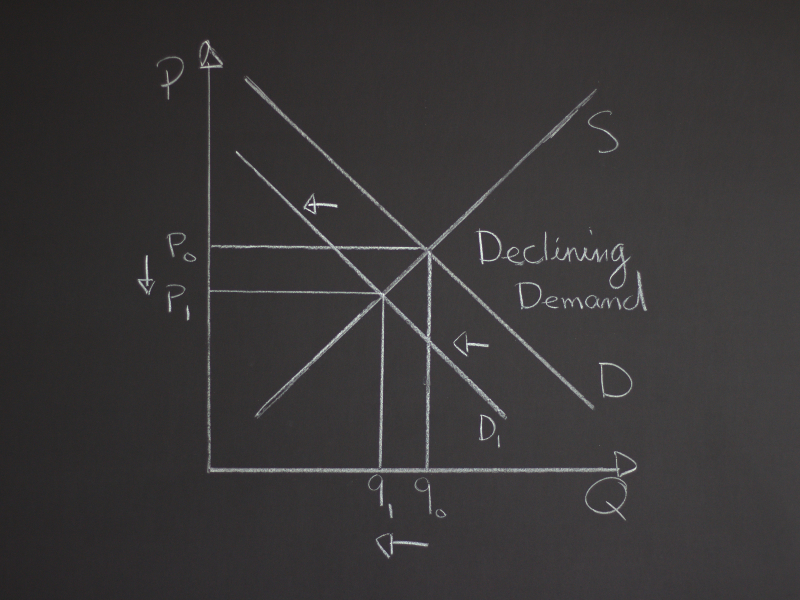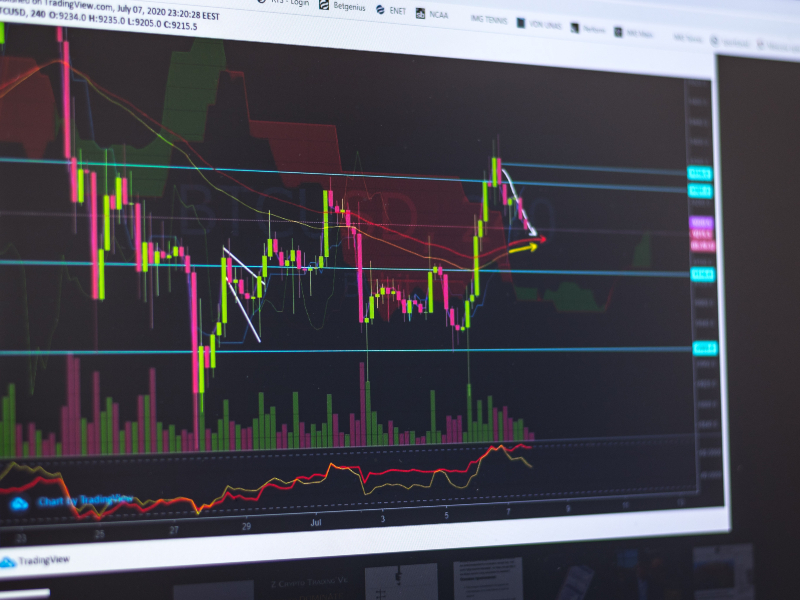Research areas
Behavioral and Experimental Economics

Integrating economic theory with concepts developed in psychology and sociology, our research focuses on market design and on the role of cooperation and competition within markets, in the labour environment and when considering social interactions overall, as well as the evolution and transmission of social and moral norms.
Our research is developed both through theoretical analysis and by means of field and laboratory experiments, at the VERALab.
Researchers
Econometrics, data science and quantitative methods

Our research is interdisciplinary and focuses on mathematical and statistical methods for economic, financial and econometric modelling, and their application to the different areas of economic and financial analysis in support of risk management, decision-making, and of the regulation of markets and institutions.
The econometric analysis focuses on the relevant macro-econometric and micro-econometric phenomena that characterize the financial and monetary markets, the behaviour of households and enterprises, the savings decisions and public health, environment and employment decisions. It includes the themes of environmental economy, climate change and sustainability.
As for the econometric methods, our research deals with recent topics related to machine learning and big data, as well as the traditional topics of time-series analysis and forecasting, causal inference, parametric and non-parametric Bayesian inference, linear and nonlinear modelling of longitudinal, spatial, geo-referenced and complex data such as networks.
Quantitative methods cover mathematical and statistical models for economic and financial markets and for pricing and risk analysis of financial products, as well as for performance assessment and methodologies to support ESG themes. Our methodologies also include the main machine learning techniques, including neural networks, simulation methods and other numerical techniques.
Researchers
Economic geography, regional science and tourism economics

This research area analyses the nature, size, causes, consequences and which economic policy interventions may affect disparities in terms of economic prosperity at the geographical level both at the sub-national level (regional, urban or local) and in the international arena.
This research area is also interested in the forms of organization of production in which the territorial component and the geographical location are particularly relevant, such as industrial clusters and districts or urban agglomerations, both in Italy and abroad, also in a comparative perspective.
With respect to tourism economy, the focus is on quantitative and qualitative analysis of the economic and social impacts of tourism and on the structure and dynamics of the development of tourism systems. Particular attention is paid to the contribution of ICT and digitization in the field of hospitality and smart destinations as well as to the development of policies, business models and governance to support the competitiveness and sustainability of tourism.
Researchers
Economic theory

This research area focuses on the theoretical analysis of microeconomic and macroeconomic phenomena with attention to the study of financial and credit markets, contracts and auctions, networks, optimal taxation, economic growth and inequality, interaction between politics and economics, and market regulation.
The tools used are those typical of decision sciences, cooperative and non-cooperative game theory, information economics, general economic equilibrium theory, and industrial economics.
Researchers
Empirical economics and policy evaluation: labour, health and ageing

This research area focuses on issues such as pensions, immigration, wage distribution, labour supply, informal employment and unemployment, long-term care. This research area in also interested in investigating participation in welfare programs, saving choices, fertility and health choices as well as human capital investments, both when considering children and young adults, in developed and developing countries.
The objectives of this research area are the analysis of the effects of economic interventions and of welfare and public policy programmes on socio-economic variables, on gender and income inequality, on the employment choices of individuals, on employment trends and exit of the labour market by age group, on the physical and mental health of individuals, on the formal and informal care choices of the elderly, on human capital investments, on industrialization and catching-up processes.
Researchers
Environmental, resource and climate economics

This research area aims to develop and implement theoretical and empirical tools for the economic analysis of natural resource management, climate change and ESG risks, externalities, and associated policies and measures, both within the public and private domain.
This area also develops decision support systems as well as integrated assessment systems to inform investment, consumption, and production choices related to climate change phenomena.
Researchers
Finance and macroeconomics

This research area focuses on the functioning of financial markets, on the role of financial and insurance institutions and of sovereign debt and debt securities, on issues such as portfolio theory and asset pricing, fintech, catastrophic risks, longevity, insurance and insurance risks and the risk and structure of interest rates. The role that finance can play in contributing to ecological transition and sustainability is also investigated.
The objective of this research area is also to analyse issues of international economics, international trade and migration, to understand and model the causes and consequences of fluctuations in economic cycles and their interrelation with financial cycles, financial regulation, systemic risk and global risks, including the impact of monetary and fiscal macroeconomic policies.
Researchers
Human geography and Sociology

The themes and questions addressed in this area of research focus on the analysis and critical interpretation of the relationships between human groups, spaces and terrestrial environments. Places and territories are considered, in a geo-historical as well as contemporary key, in the light of environmental and cultural evolutionary processes.
The sustainability of the territories is analyzed from the point of view of social, economic and environmental policies and their interdependence, with attention to international comparison and local governance processes.
In this perspective, the following sub research areas are of particular interest: tourism geography, cultural geography, landscape and environment geography, geography of food and geography of consumption.
Other research topics include welfare policies, the analysis of the social dynamics of complex systems, common goods and social innovation, and research techniques to support participatory processes.
Researchers
Law

Research in the legal area focuses on the most topical and urgent issues of the law of obligations and contracts; the law of persons and family; fundamental rights, privacy and protection of personal data; public law; local authority law, administrative law; competition and market law; consumer law; intellectual property law; insurance law; business and company law, corporate crisis and insolvency law, accounting law; bank, finance and market law and regulation; international arbitration law; European Union law, national and international labour law, trade union law and welfare law; public, private and international trade law; tourism law; gender and law.
Researchers
Mathematics and Statistics for Economics, Social Sciences and Law

This research area develops theories, models and tools for the modelling of economic financial, social and legal phenomena and problems, both empirically, in which statistical analysis is used to test the validity of models, and methodologically, where theoretical analyses suggest interpretations and support decisions in complex environments.
This research area also includes robust predictions in fields such as financial markets, natural resource management, individual and group decision-making in economic settings, forensic statistics and the evolution of social systems, problems of optimal allocation of resources in both static and dynamic contexts even in the presence of uncertainty conditions.
Researchers
Public economics and political economy

The themes developed in this area of research focus on the analysis of redistributive policies, of the public intervention in the fields of social security, health, education, and on the design and analysis of environmental and industrial policies.
The methodological approach is both theoretical and empirical: by means of numerical and econometric analysis, experiments and microsimulations, this area of research studies the supply of public and private goods, the design of welfare systems, the theory and effects of taxation, of fiscal federalism and of tax evasion, the public debt and the redistributive effects of public intervention. It additionally analyses the political choices, voting mechanisms and collective choices and preferences regarding public policies.
The study of this area also includes an investigation of the effects of economic policies on production, trade, income and wealth distribution, and on other macroeconomic variables.
Researchers
Last update: 02/07/2024
